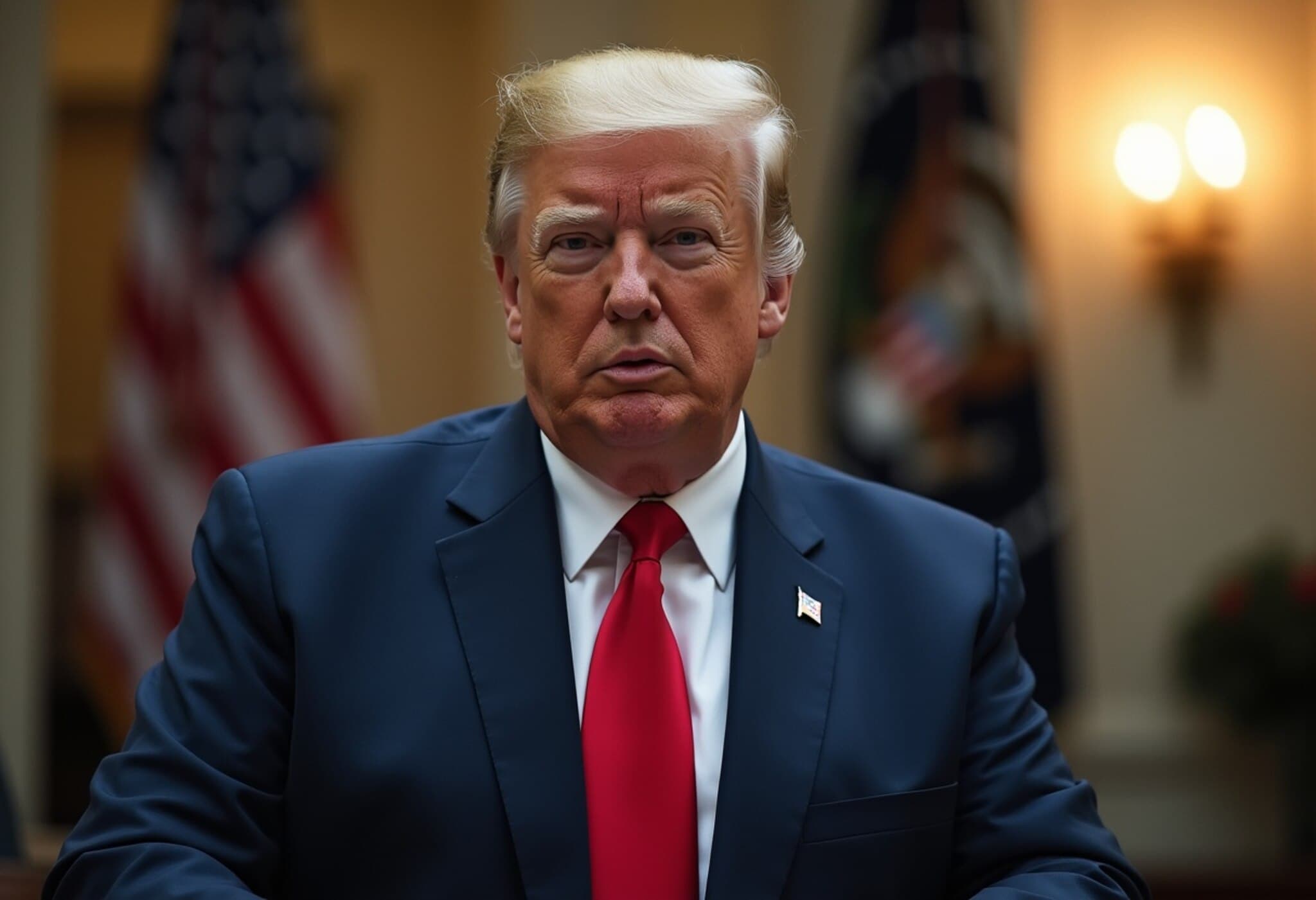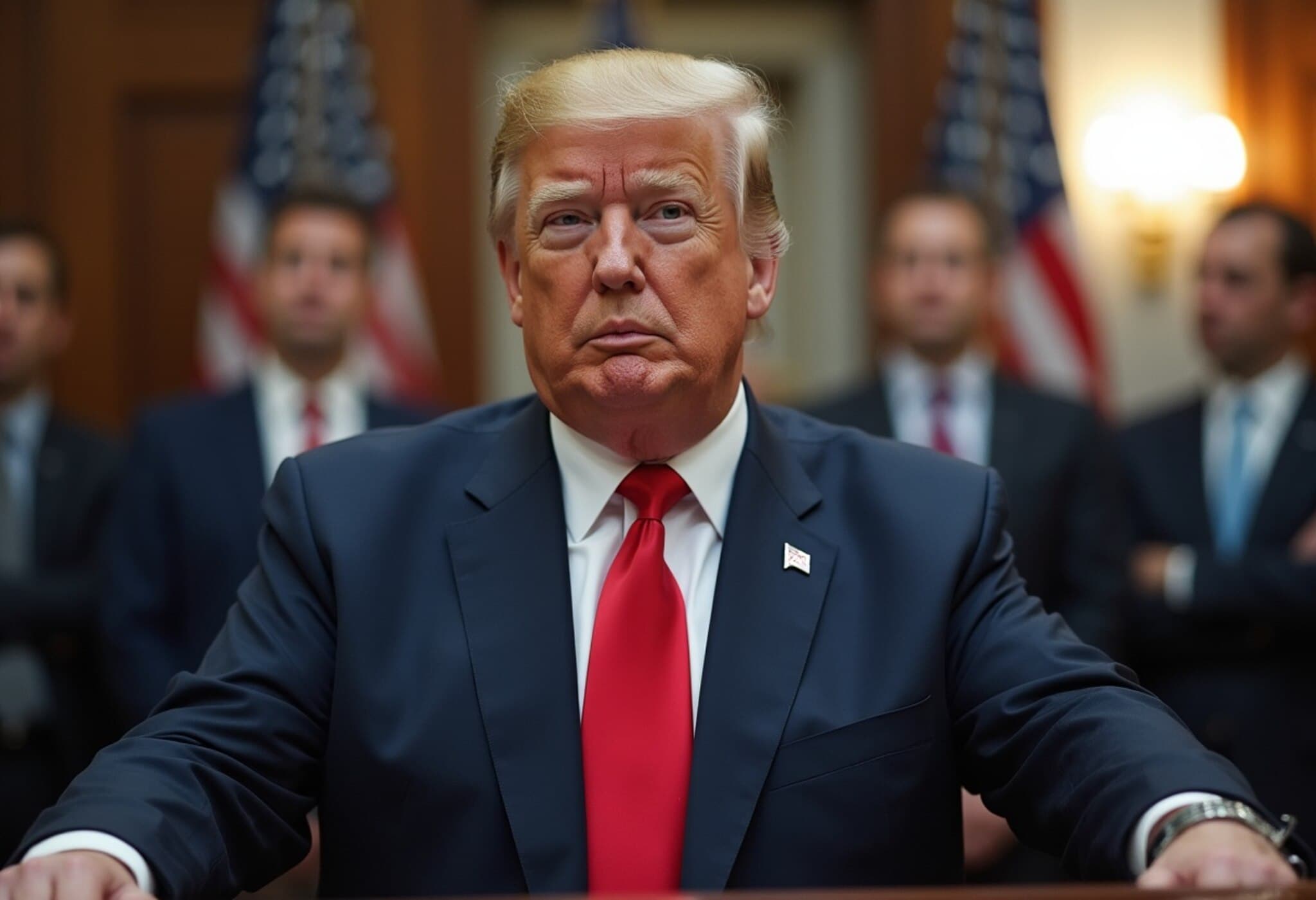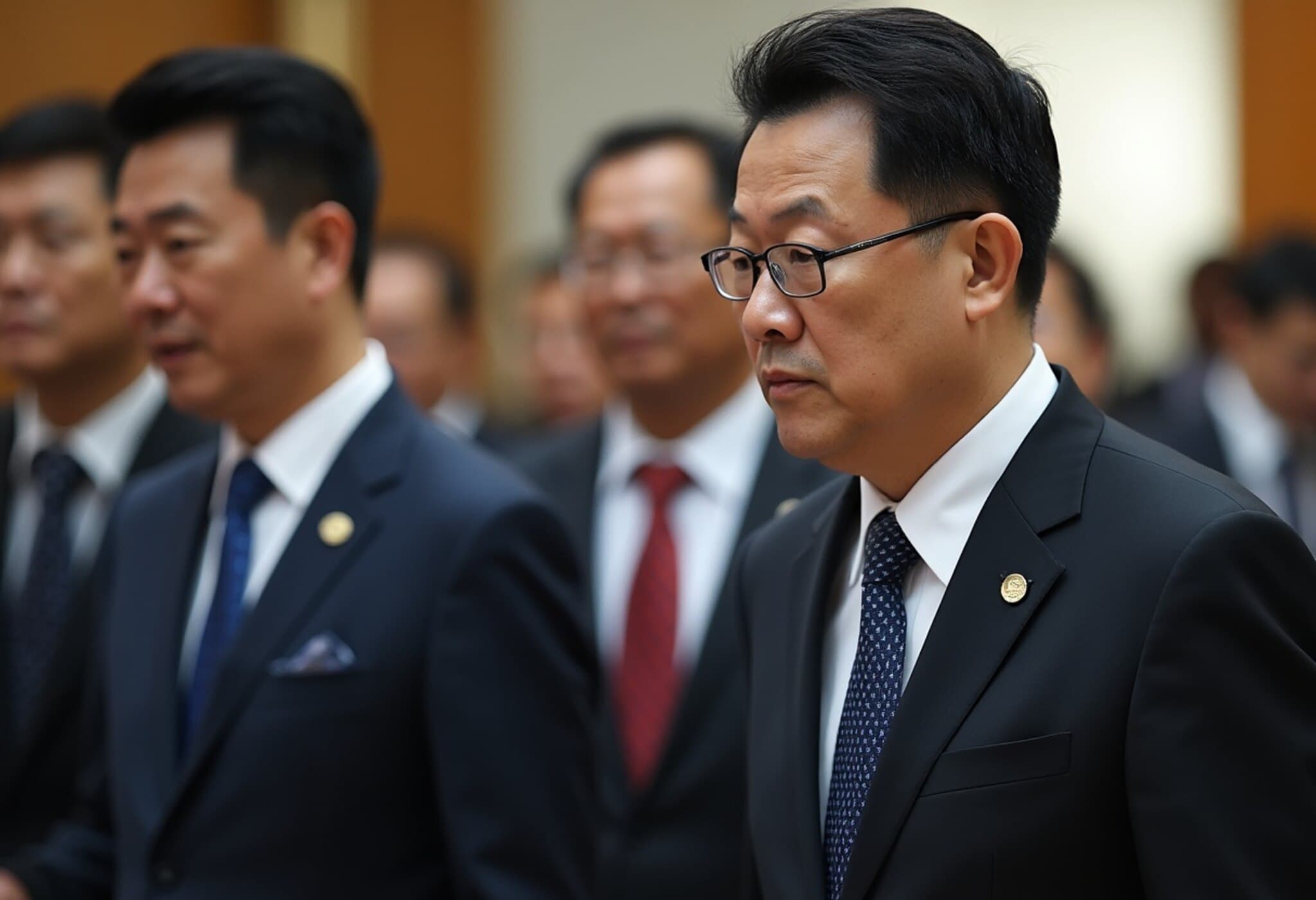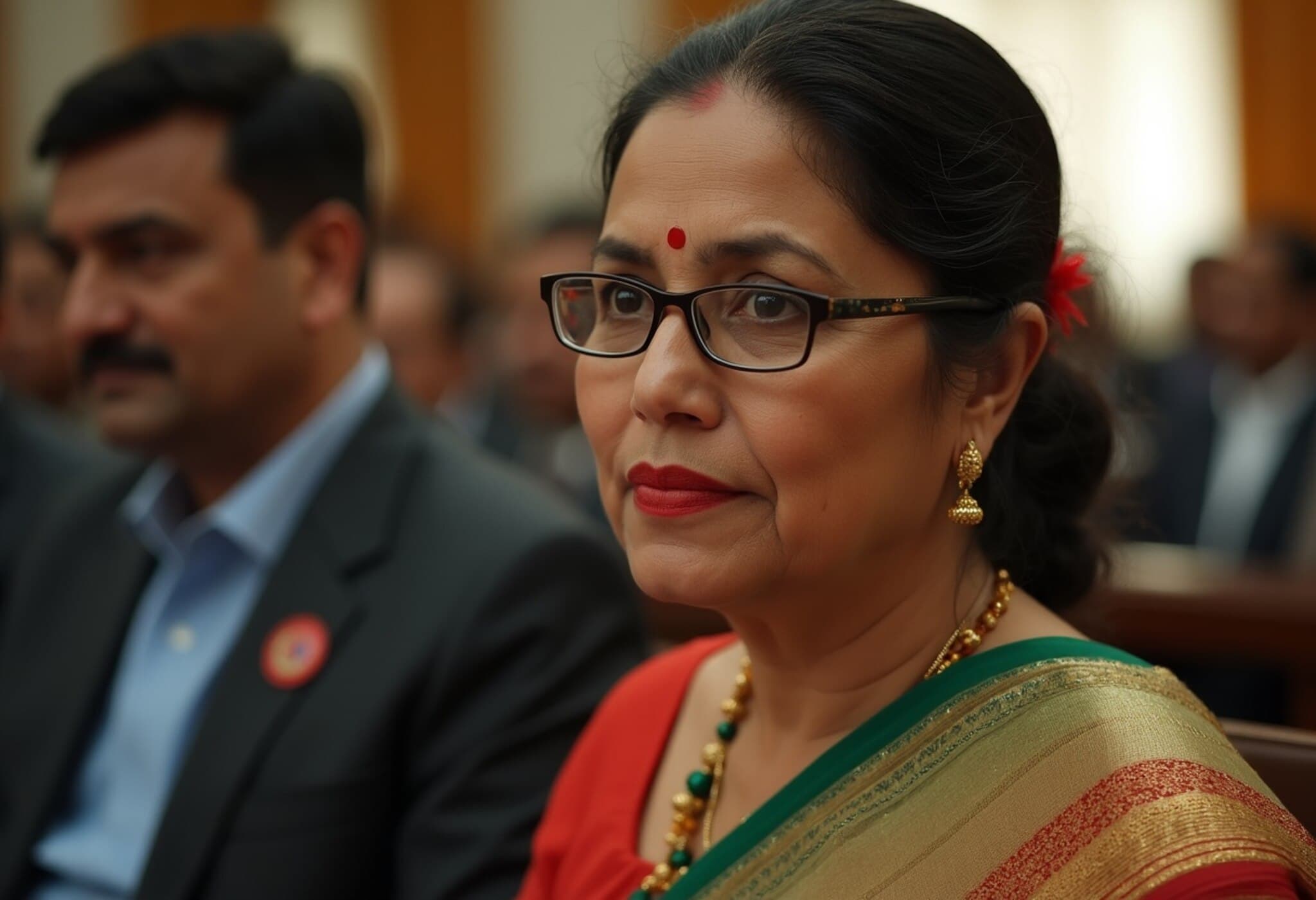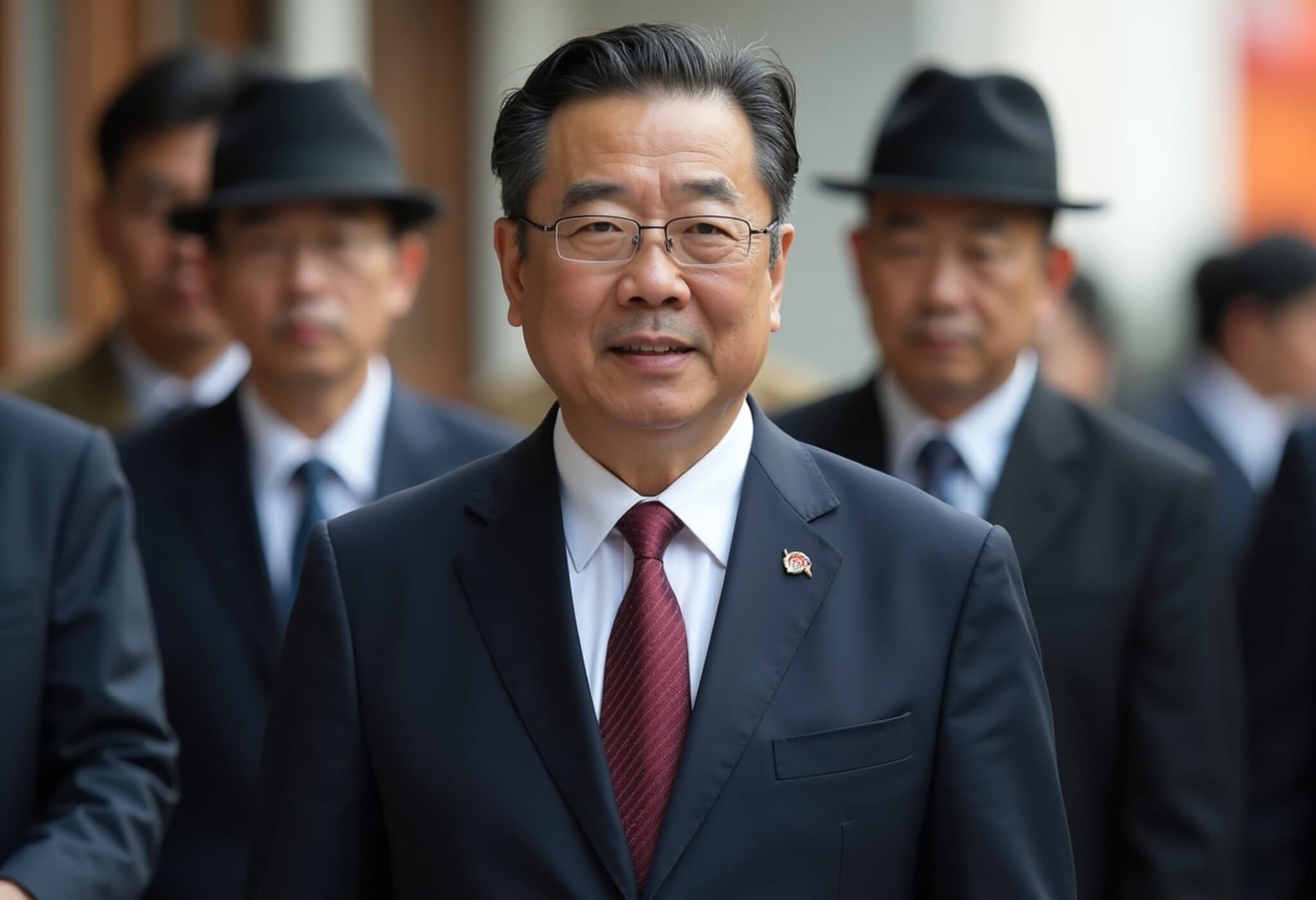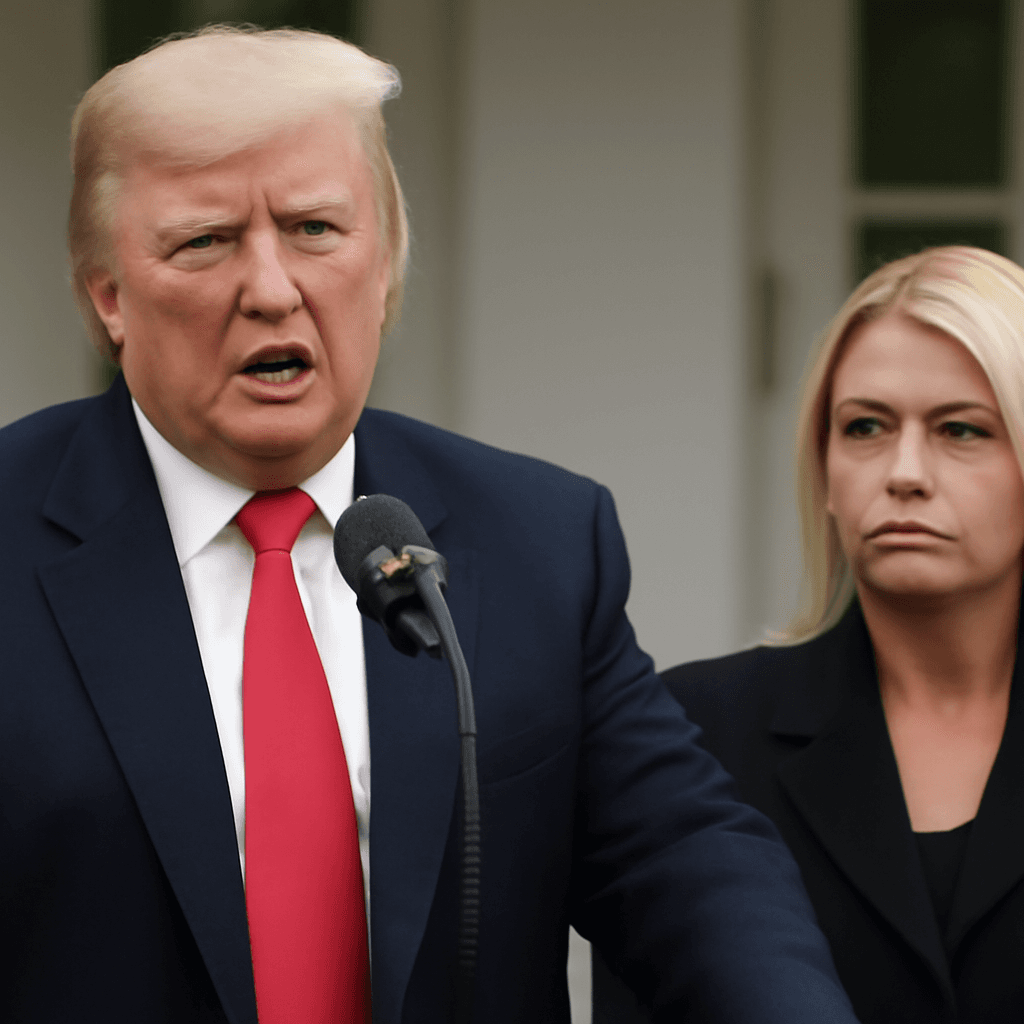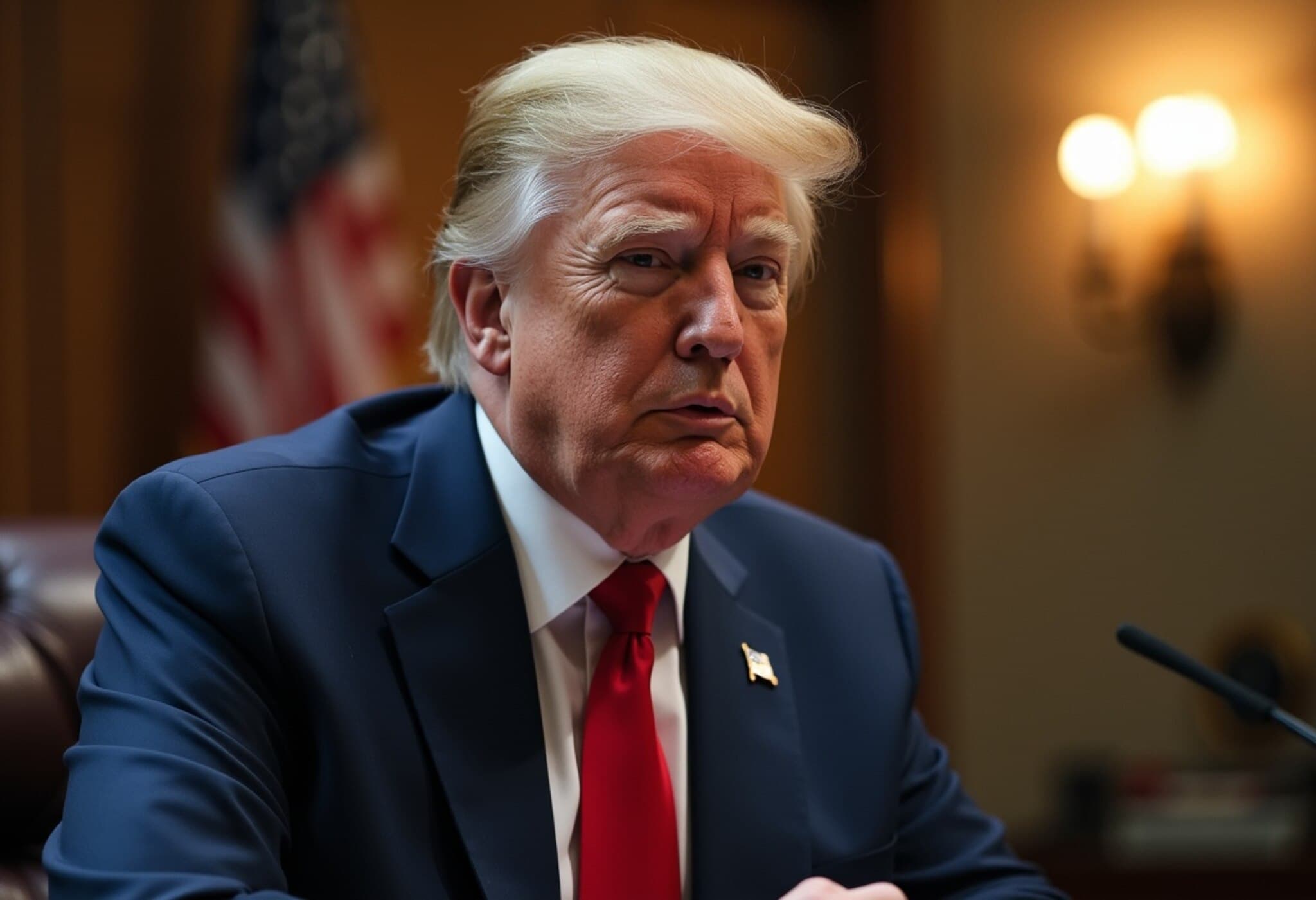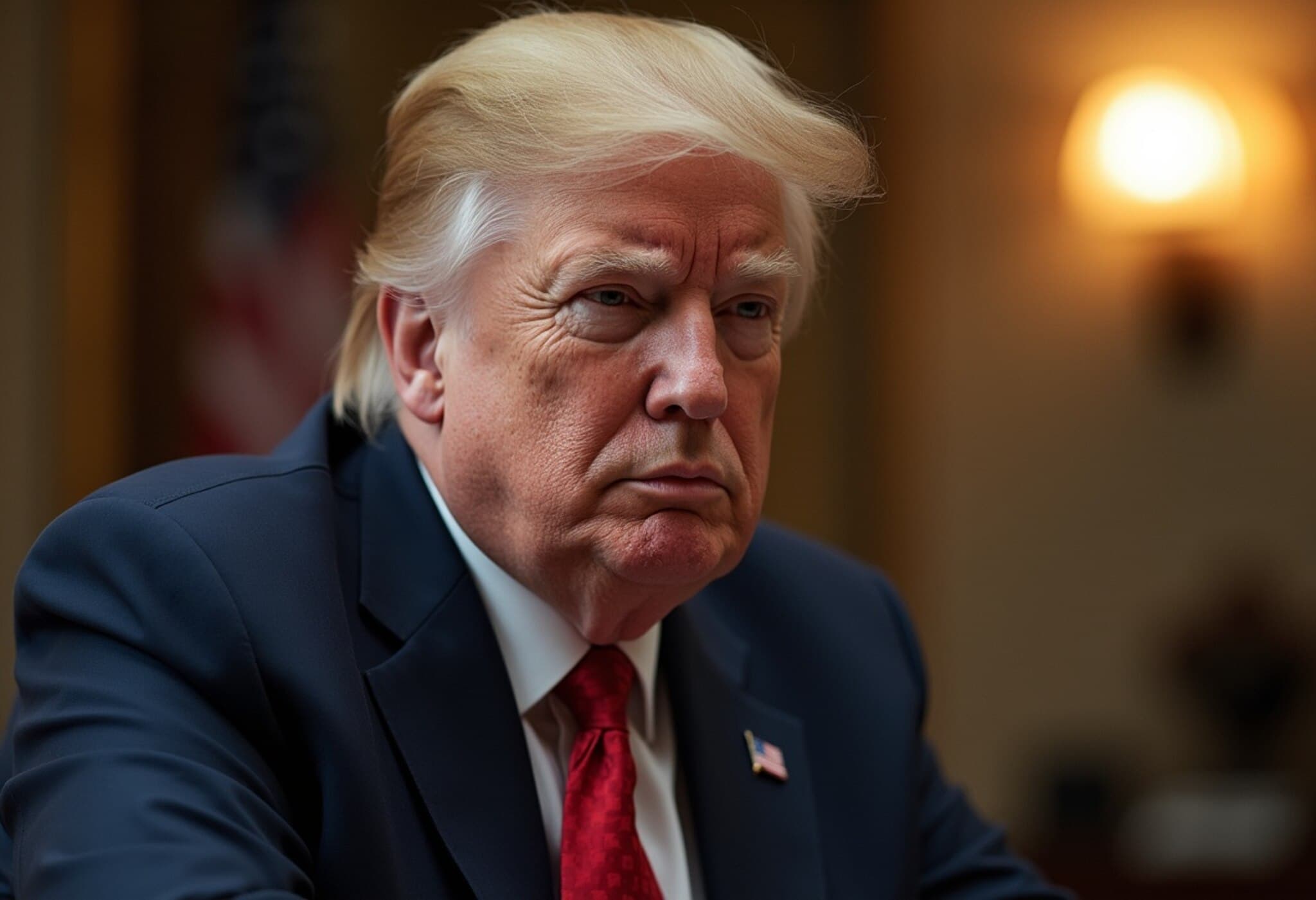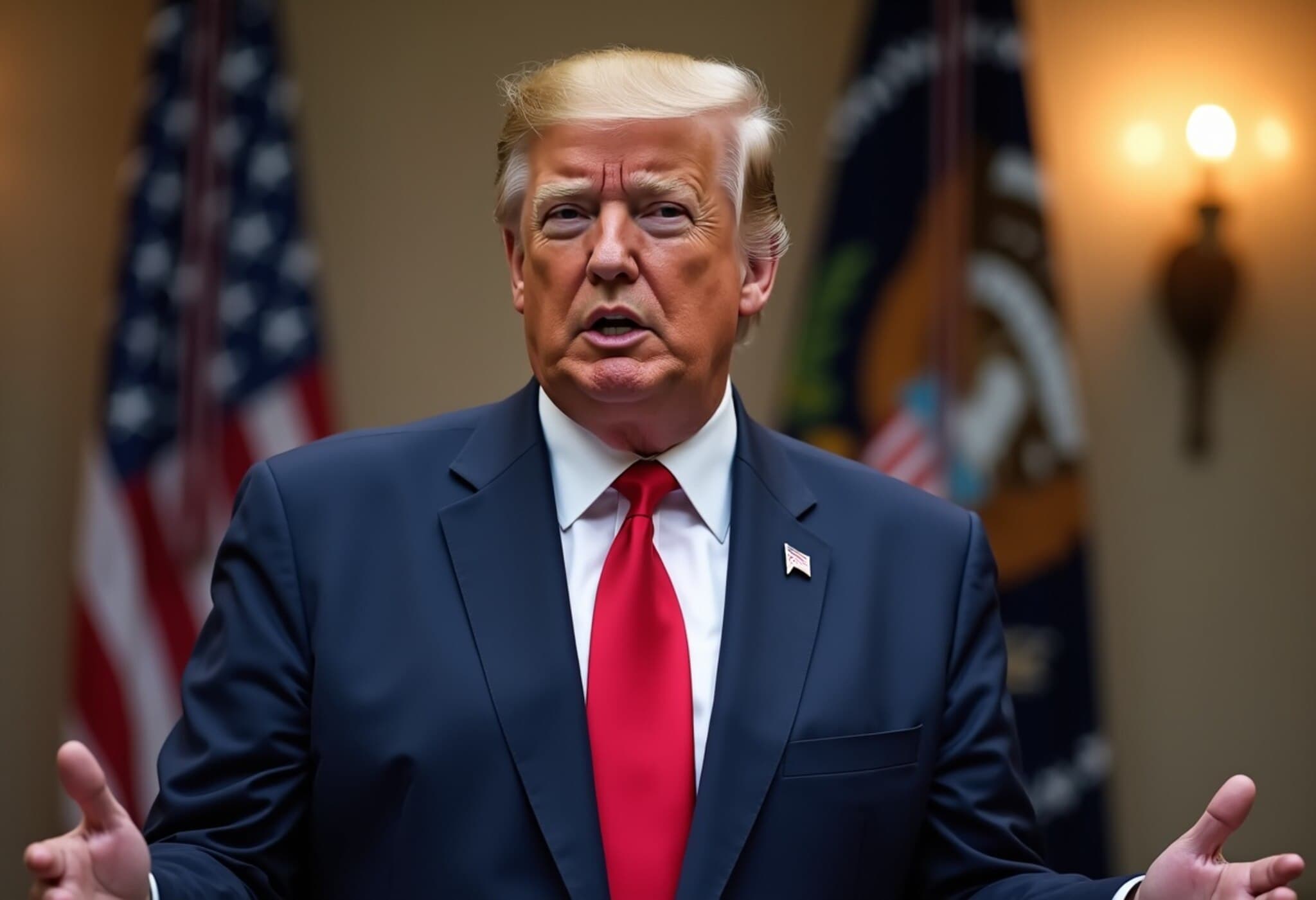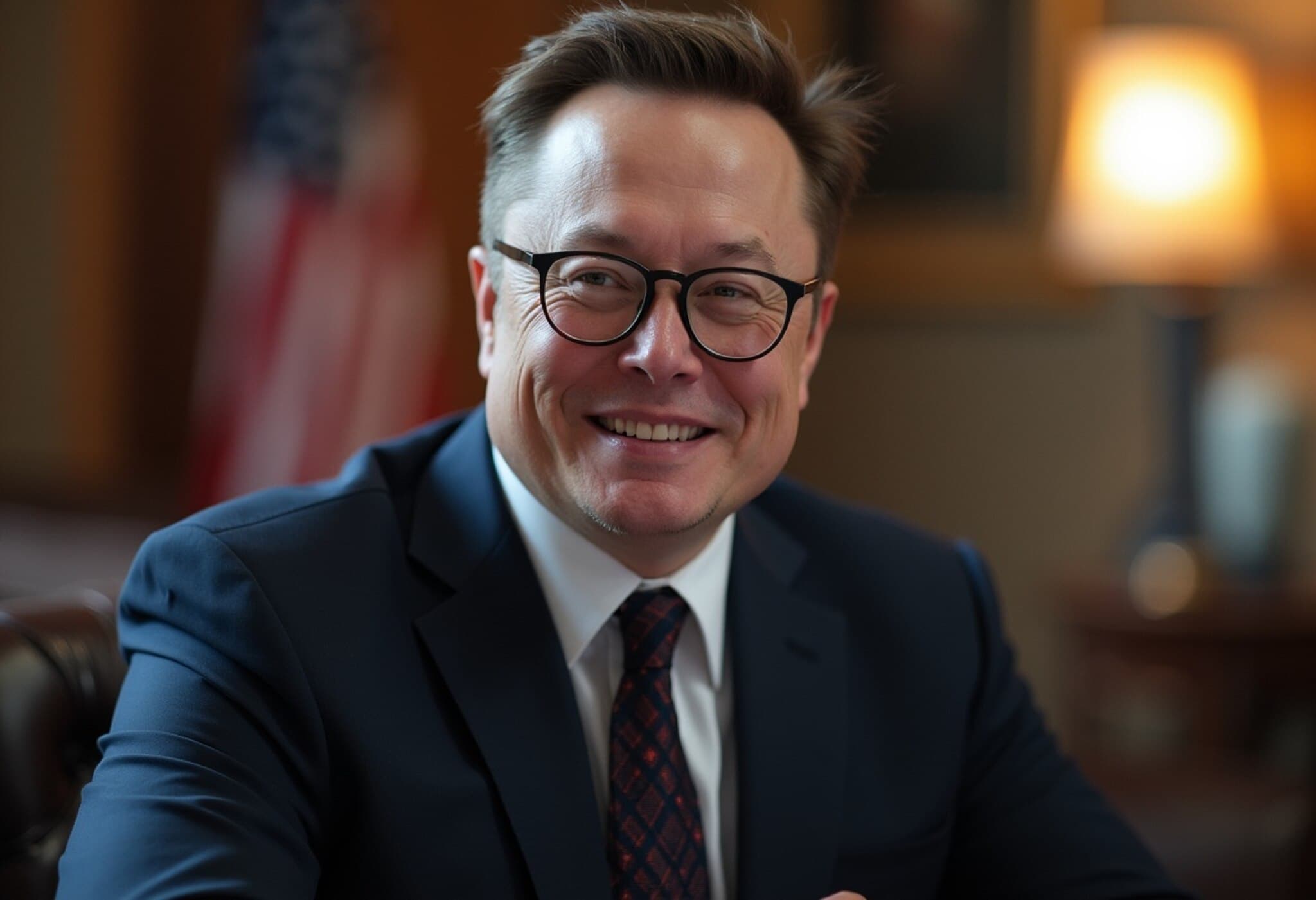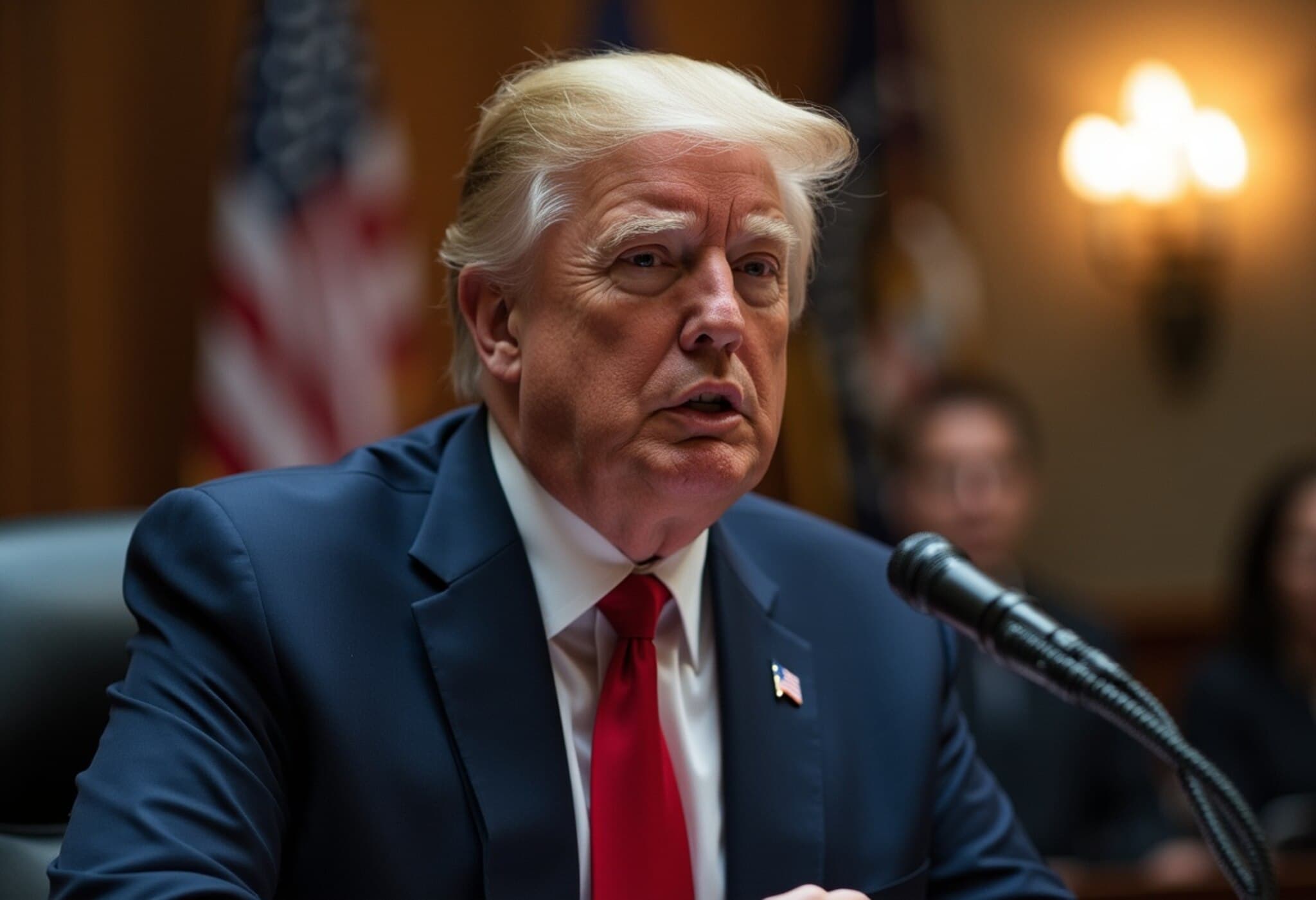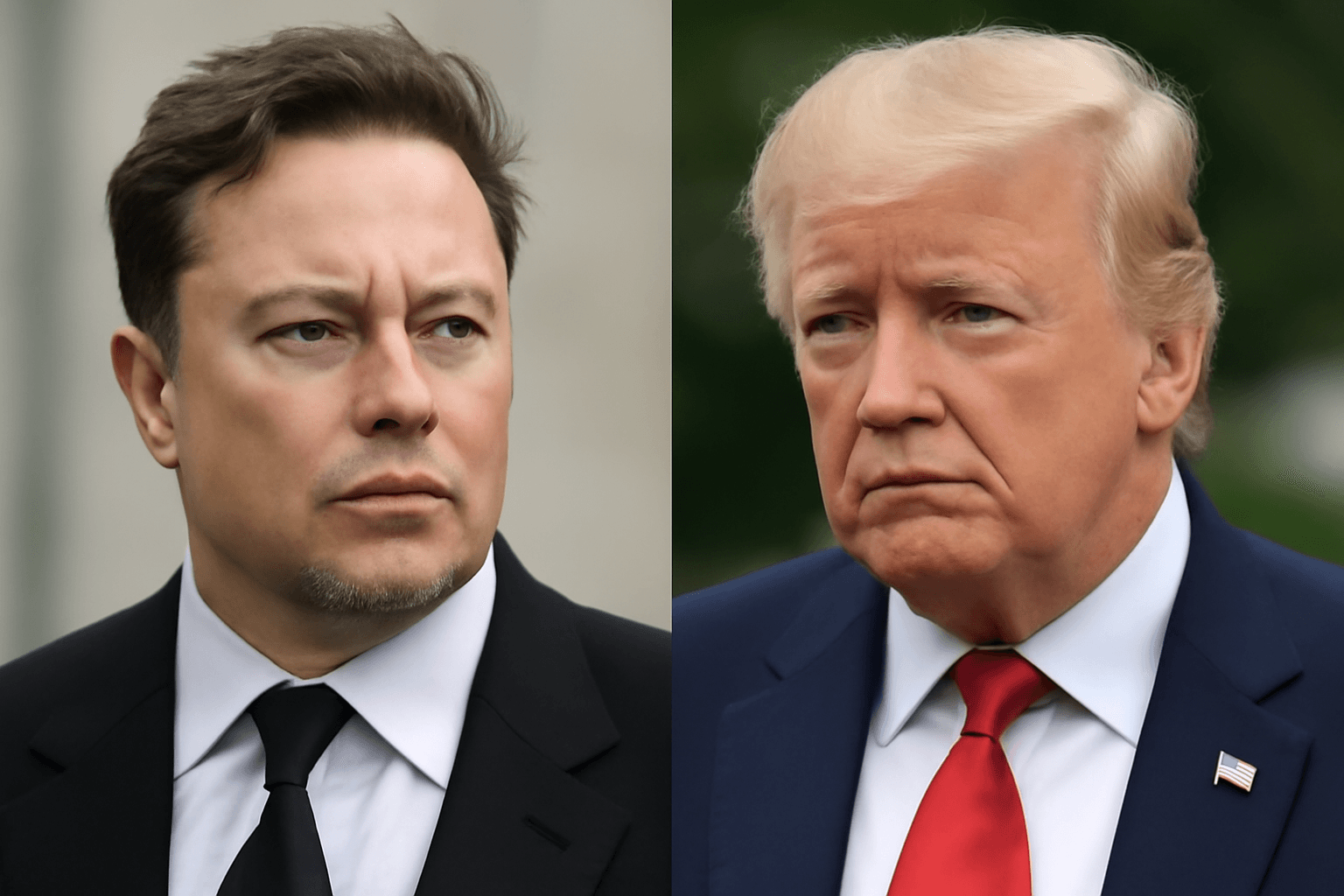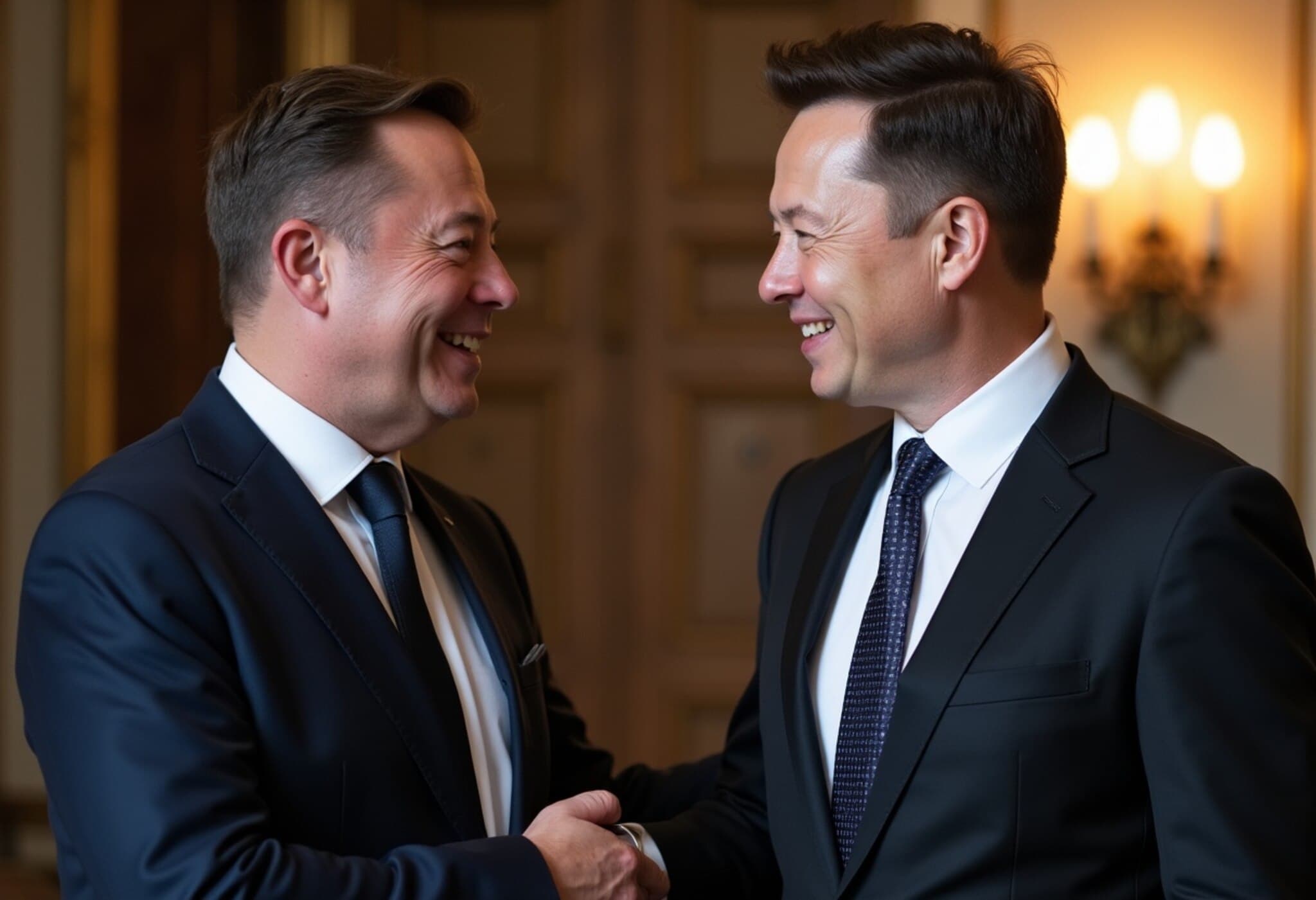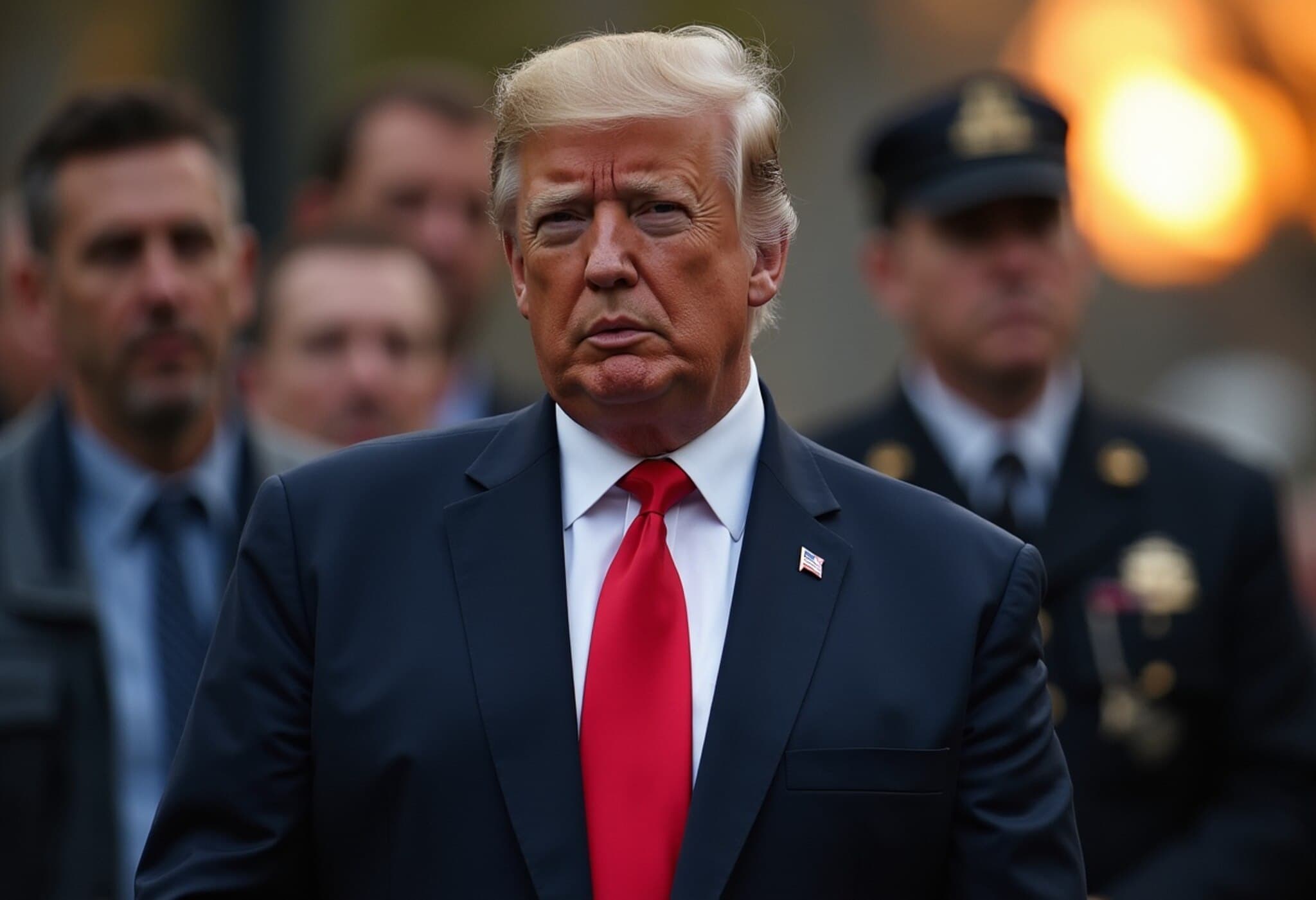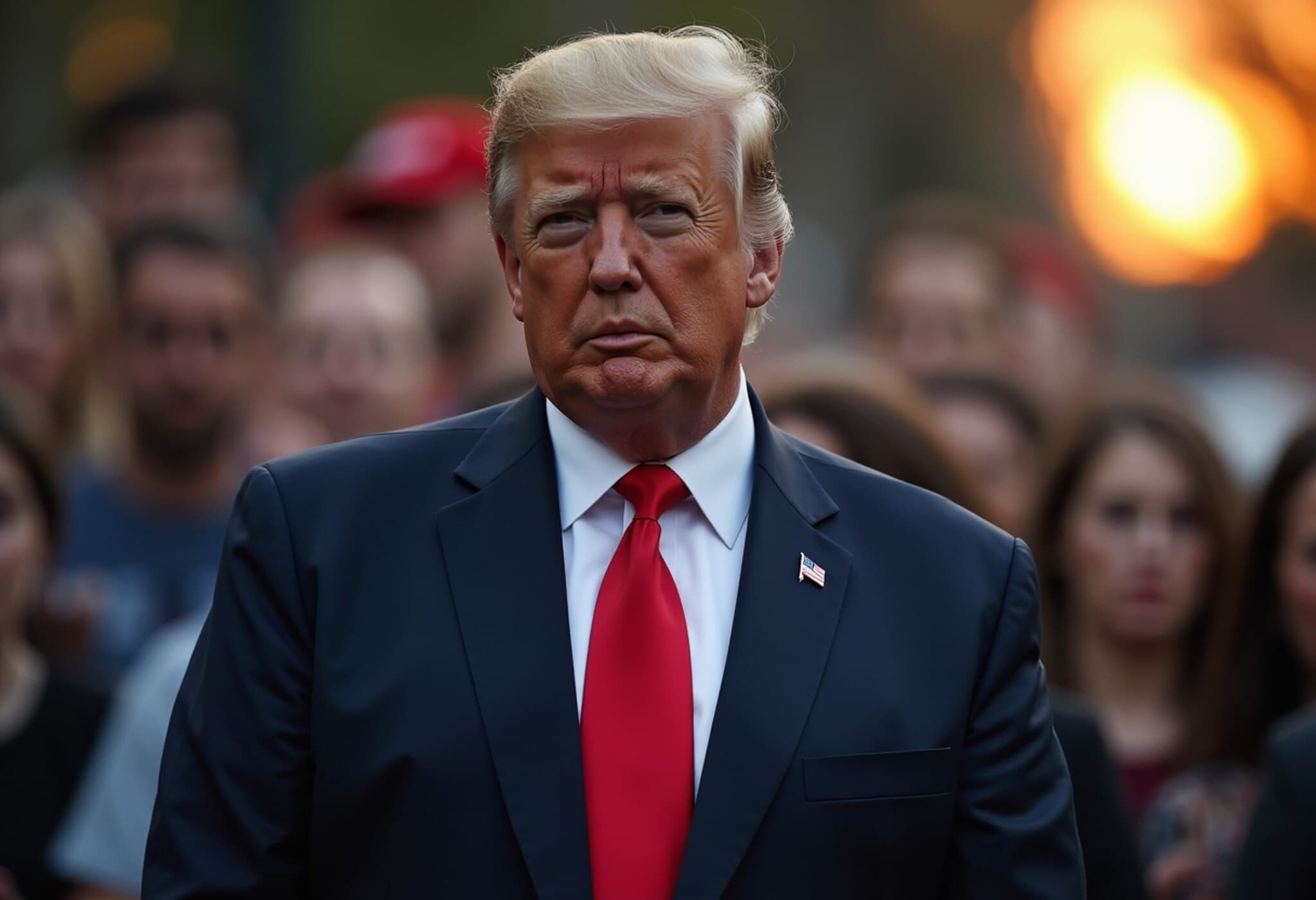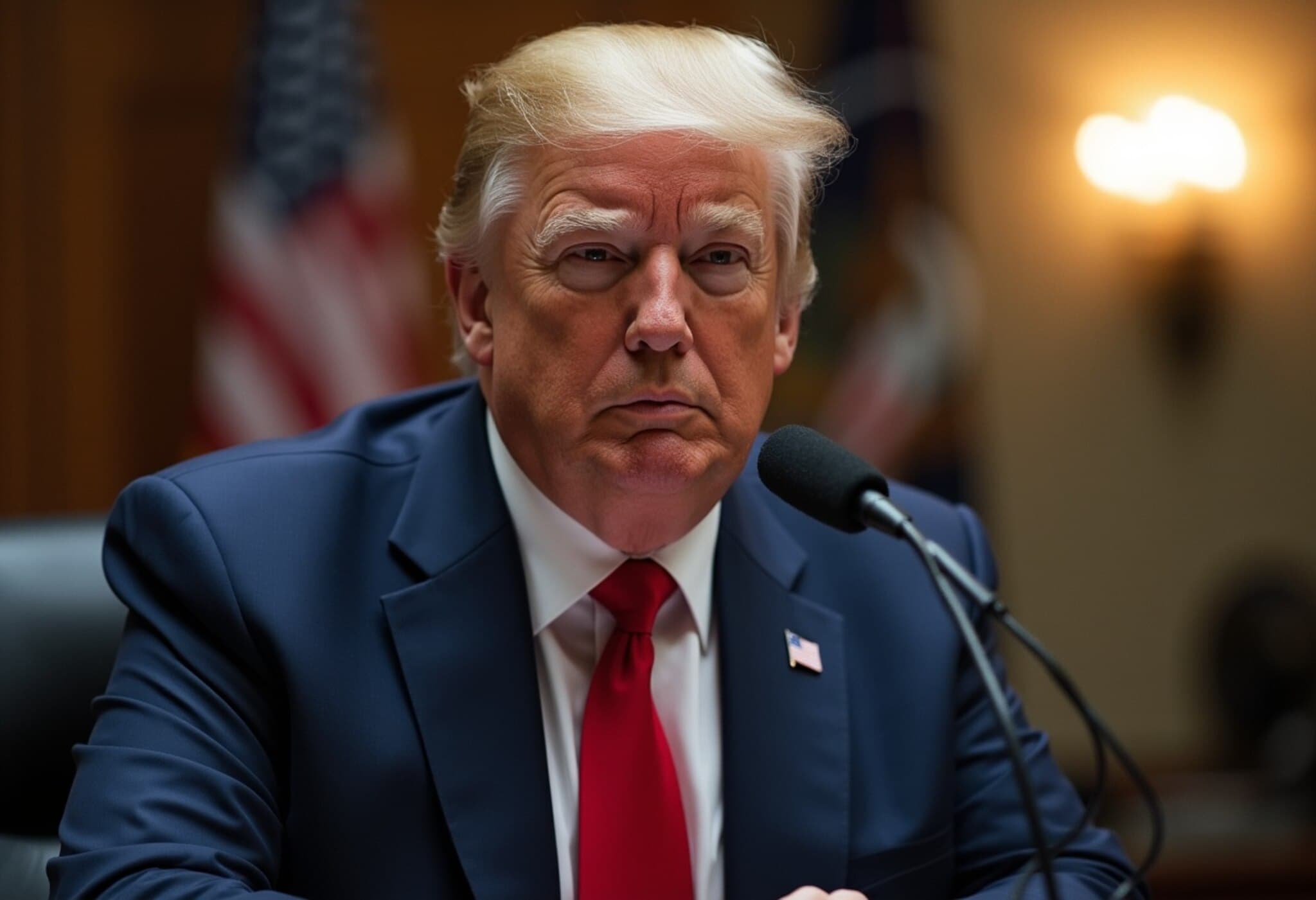Inside the Epstein Files: Trump Was Warned About His Mentions Before DOJ Withheld Records
In a significant revelation, President Donald Trump was informed in May by then-Attorney General Pam Bondi that his name appeared multiple times in Department of Justice (DOJ) documents related to notorious sex offender Jeffrey Epstein, The Wall Street Journal reported on July 23, 2025.
White House Meeting Preceded DOJ’s Refusal to Release Epstein Records
This briefing took place during a private meeting at the White House between Trump, Bondi, and her deputy Todd Blanche, just weeks before the DOJ announced it would not release the Epstein files to the public. This decision surprised many, as earlier commitments had promised full public disclosure of these long-anticipated documents.
High-Profile Names and Unverified Allegations
According to reporting, the meeting conveyed that several other prominent figures also appeared in the Epstein files. However, officials cautioned that much of the material contained hearsay and unverified claims about numerous individuals, including Trump, primarily concerning social interactions with Epstein rather than evidence of criminal conduct. It’s crucial to emphasize, as legal experts note, that being mentioned in these records is not synonymous with wrongdoing.
Political Fallout and Pressure from Trump’s Supporters
The DOJ’s move not to publish the Epstein files triggered backlash, particularly from Trump’s MAGA base, who have long been engrossed in conspiracy theories surrounding the Epstein case. Responding to mounting pressure, Trump subsequently directed Bondi to push for the unsealing of grand jury transcripts linked to investigations of Epstein and his convicted associate Ghislaine Maxwell.
Trump-Epstein Relationship: A Complicated History
Trump’s acquaintance with Epstein spanned years before they distanced themselves prior to Epstein’s charged arrest in 2019. Epstein’s social circle included some of the world’s wealthiest and most influential figures, including Britain’s Prince Andrew, highlighting the wide-reaching impact of these investigations.
Official Reactions and Denials
White House Communications Director Steven Cheung dismissed the Epstein dossier claims, stating, “The President kicked Epstein out of his Mar-a-Lago club for being a creep,” framing the ongoing media coverage as politically motivated attacks reminiscent of past controversies like Russiagate.
Separately, Bondi and Blanche issued a joint statement underscoring that after thorough DOJ and FBI reviews, no information warranted further investigation or prosecution. They also confirmed their legal efforts to unseal grand jury transcripts to ensure transparency.
The Controversial Birthday Card and Defamation Lawsuit
An explosive January 2025 Wall Street Journal article resurfaced allegations involving a “bawdy” birthday card Trump allegedly sent to Epstein at Maxwell’s request. The card was described as containing an explicit hand-drawn figure annotated with Trump’s signature. Trump vehemently denied authoring or endorsing the card, calling the report “fake news.”
In response, President Trump filed a defamation lawsuit requesting at least $10 billion in damages against Rupert Murdoch, News Corp, Dow Jones & Co., and the journalists involved, asserting the article was fabricated. Dow Jones has maintained confidence in its reporting and pledged to vigorously defend the news outlet.
Contextual Insight: The Intersection of Politics, Justice, and Public Perception
This unfolding saga highlights the complex relationship between high-profile legal proceedings and political narratives in the United States. The DOJ’s delicate navigation around releasing sensitive documents reflects broader challenges in balancing transparency with privacy, evidentiary standards, and public trust.
Further, the case exemplifies how media portrayal and political responses can deepen divisions, with allegations—verified or not—often weaponized in the court of public opinion, complicating the pursuit of justice.
Editor’s Note
The Epstein files story remains a volatile intersection of crime, power, and politics. While charges against Epstein and Maxwell are clear, the mentions of other high-profile individuals, including former President Trump, underscore the necessity of distinguishing mere association from culpability. The DOJ’s hesitance to release certain documents highlights ongoing tensions between transparency and protecting the integrity of legal processes. Readers are encouraged to critically evaluate all claims and stay informed as further legal developments unfold.

